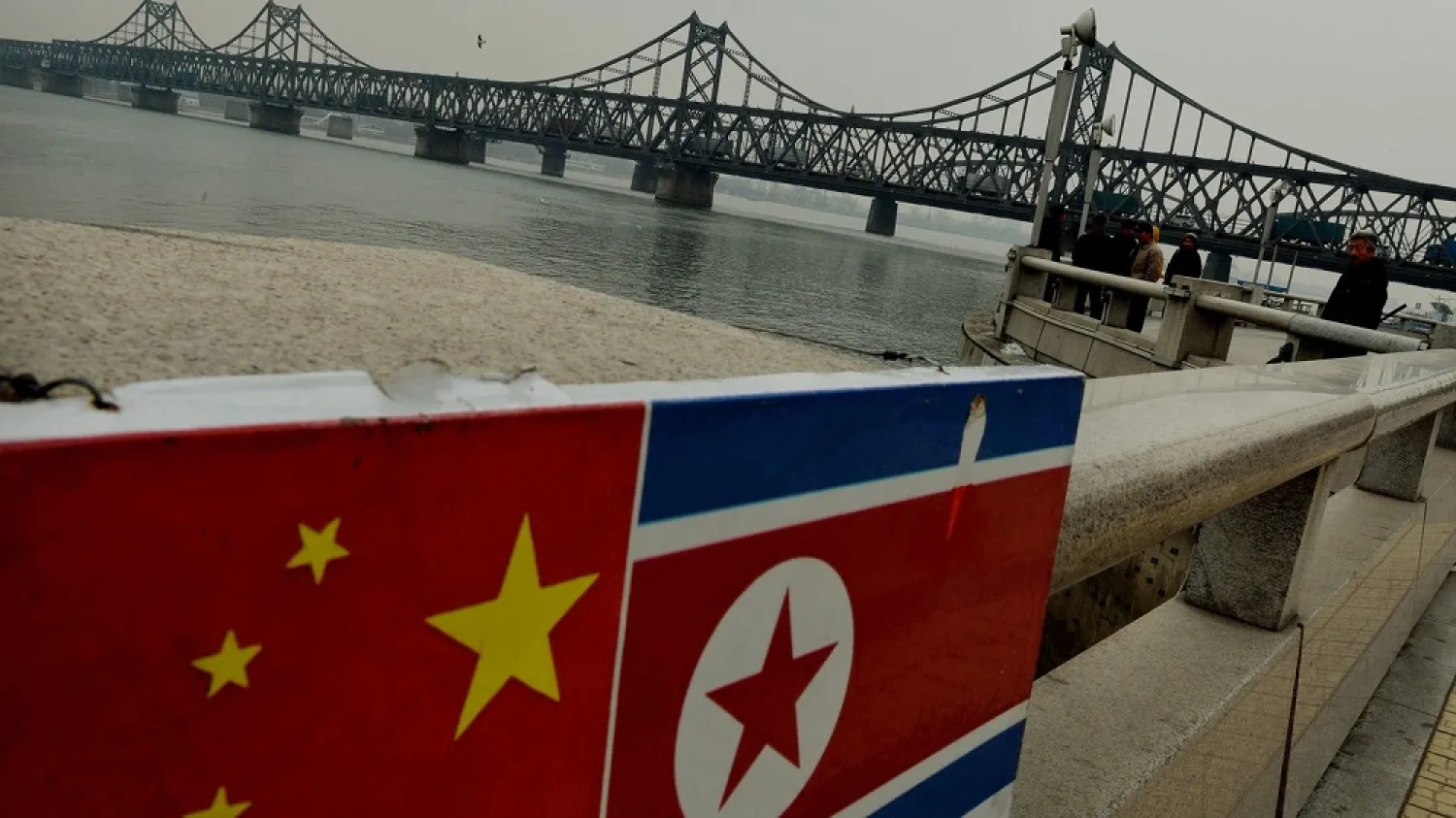China announced late on Friday that it will start banning the export of some petroleum products to North Korea starting October 1.
The announcement comes in compliance with a recent United Nations Security Council resolution.
The ban also includes textile imports from the isolated neighboring country, said China’s Ministry of Commerce in a statement on its website. The textile ban will be effective immediately.
China would limit exports of refined petroleum products from October 1, and ban exports of condensates and liquefied natural gas immediately, elaborated the ministry.
The UN Security Council, including permanent member Beijing, approved tough sanctions against Pyongyang last week in response to its sixth and most powerful nuclear test.
Washington had initially sought a full oil embargo, but softened its stance to secure backing from Russia and China -- the North's sole ally and main trading partner, responsible for around 90 percent of its commerce.
In its statement, the Commerce Ministry reiterated the terms of the latest resolution, writing that UN member states would not export more than 500,000 barrels of refined petroleum products to the North in the final three months of 2017, and 2 million annually starting next year.
"Chinese government authorities will issue a notice based on the export situation when approaching the upper limit, and from that date implement a prohibition on exports of refined oil products to North Korea for the year," it said.
Experts say the textile ban move could cut off a major source of foreign currency for Pyongyang, as they are one of country's major exports, estimated by IHS Markit analysts to value $750 million.
China supplies materials to the North, where they are made into clothing in factories using cheap labor, and often re-exported to China.
The announcement follows days of increasingly bellicose rhetoric between US President Donald Trump and Kim Jong-Un's regime, which has raised international alarm.
The US has accused Beijing of not doing enough to pressure Pyongyang into abandoning its nuclear program.
China halted iron, iron ore and seafood imports after the previous round of sanctions against North Korea in August.
But Beijing fears pressuring Kim's regime into collapse, triggering a flood of refugees across its border and eliminating a strategic buffer separating China from the US military in South Korea.
Beijing has condemned the North's missile tests, but hopes to resolve the nuclear crisis through diplomatic means, pleading for a resumption of long-dormant six-nation talks.
It has pushed a tit-for-tat proposal in which North Korea suspends its arms programs in return for a halt to US military drills in the region -- which has been ignored.
The majority of North Korea's oil likely comes from China, but the exact tally of oil exports remains unknown, as Beijing has not published such data since 2014.
According to UN customs data, China sent 6,000 barrels a day of oil products to North Korea in 2016.
China's total trade with North Korea was $604.27 million in August, up from $456.16 million a month earlier, data from China's General Administration of Customs showed on Saturday.
Its total trade with North Korea was worth $3.61 billion in the first eight months of the year, up 7.5 percent from the same period a year earlier.









